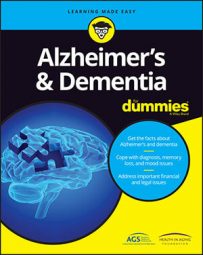- Cirrhosis: Liver cells can be damaged by alcohol. A virus, such as hepatitis, and an autoimmune condition in which the immune system, rather than an infection attacks the body, can affect the liver. Such damage stops the liver from working as it should, which, among other things, leads to the build-up of toxic waste products in the blood. When these toxins build up they can damage brain cells, leading to encephalopathy, which encompasses a collection of symptoms like confusion, poor memory, personality change, and inappropriate behavior. Occasionally, treating the liver damage can reverse encephalopathy, but it can prove fatal.
- Korsakoff's syndrome: Korsakoff's syndrome is most often seen in alcoholics in whom high alcohol intake stops the absorption of a B vitamin called thiamine. Thiamine is needed for normal nerve cell function, and insufficient levels commonly cause people to develop memory problems and changes in personality. This condition can be treated by quitting the booze and taking a thiamine supplement.

